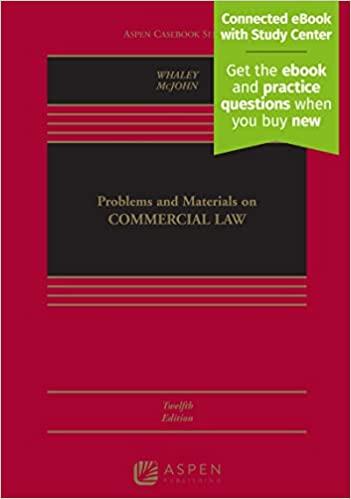Question
On February 24, 2022, Russia sent armed forces to take over its neighbour, Ukraine. Russia (population over 146 million) and Ukraine (population over 43 million)
On February 24, 2022, Russia sent armed forces to take over its neighbour, Ukraine. Russia (population over 146 million) and Ukraine (population over 43 million) are the two largest countries in eastern Europe. While they were once a part of the Soviet Union (USSR), which formed in 1917, the two countries established themselves as independent nations when the USSR collapsed in 1991. Despite some claims that Russians and Ukrainians are "one people," and that the nations are essentially siblings, Ukraine contends that its culture (e.g., language, food, art, music) is distinct from that of Russia. In recent times, Ukrainians' attitudes have shifted in favour of their country entering the European Union (EU), and the North Atlantic Treaty Organization (NATO), an intergovernmental military alliance of 30 countries (including Canada) that agree to mutual defense if attacked by an external party. Over the years, Russia has asked for legal guarantees that NATO would not expand eastward to countries such as Ukraine, and Moldova.
For the large part, global condemnation of the invasion was swift, and it intensified as the devastating outcomes of the conflict became apparent in form of fatalities, destruction of property, and millions of displaced individuals. Many countries enacted sanctions against Russia and there were calls for global businesses to exit the country. To this end, Jeffrey Sonnenfeld, dean at the Yale School of Management, expressed astonishment at the swift exodus of global businesses from the Russian market, especially those with major investments in the country.
The exit of oil giants such as ExxonMobil and Shell, was followed by major consulting firms such as Bain & Company, B.C.G., and McKinsey & Company. Sonnenfeld notes that "They would usually rather jump off a cliff than get involved in political conflict or geopolitics." They were followed by big tech companies such as Apple, Microsoft, Dell, I.B.M., HP, Google, Meta, and Twitter suspending some or all Russian operations. Large automakers such as Ford, Volkswagen, and Nissan suspended exports to the Russian market, and halted vehicle production in the country. The Big 4 accounting firms, Deloitte, KPMG International, PricewaterhouseCoopers (PwC), and Ernst & Young ceased or modified their operations. Goldman Sachs (GS) was the first major Wall Street bank to announce plans to exit Russia in compliance with regulatory and licensing requirements. While noting that he personally supports the sanctions, its CEO, David Solomon, said that financial institutions should act based on government directives rather than take a leading role in dictating policy toward Russia because he didn't "think businesses are supposed to decide how global trade works in the world." While over 750 businesses had ceased or curtailed their operations in Russia by April 19, 2022, companies such as British American Tobacco, PepsiCo, Phillip Morris, Mars, Societe General, Mondelez, Caterpillar, L'Occitaine, Alibaba, and Cargill yet operate in the country.
Nestle, the world's largest packaged foods company, was singled out by the Ukrainian President Volodymyr Zelensky. In a televised address, Zelensky noted, "'Good food. Good life.' This is the slogan of Nestl. Your company that refuses to leave Russia . . . Even now when there are threats from Russia to other European countries. Not only to us. When there is even nuclear blackmail from Russia." In response, Nestle noted that access to food is a basic right and one of its key values. Its CEO, Mark Schneider, said, "To some, it may have appeared that Nestle was not listening closely enough, or that we were not acting quickly enough in response to current events . . . But, even in times of war, we believe universal values and principles should continue to apply." Nestl spokesperson defended the company by saying, "We have significantly scaled back out activities in Russia: we have stopped all imports and exports from Russia, except for essential products."
Questions:
- In general, are global companies that continue to operate in Russia being unethical? Incorporate two ethical theories into your discussion.
- Is Nestle being socially responsible by continuing to operate in Russia?
Step by Step Solution
There are 3 Steps involved in it
Step: 1

Get Instant Access to Expert-Tailored Solutions
See step-by-step solutions with expert insights and AI powered tools for academic success
Step: 2

Step: 3

Ace Your Homework with AI
Get the answers you need in no time with our AI-driven, step-by-step assistance
Get Started


